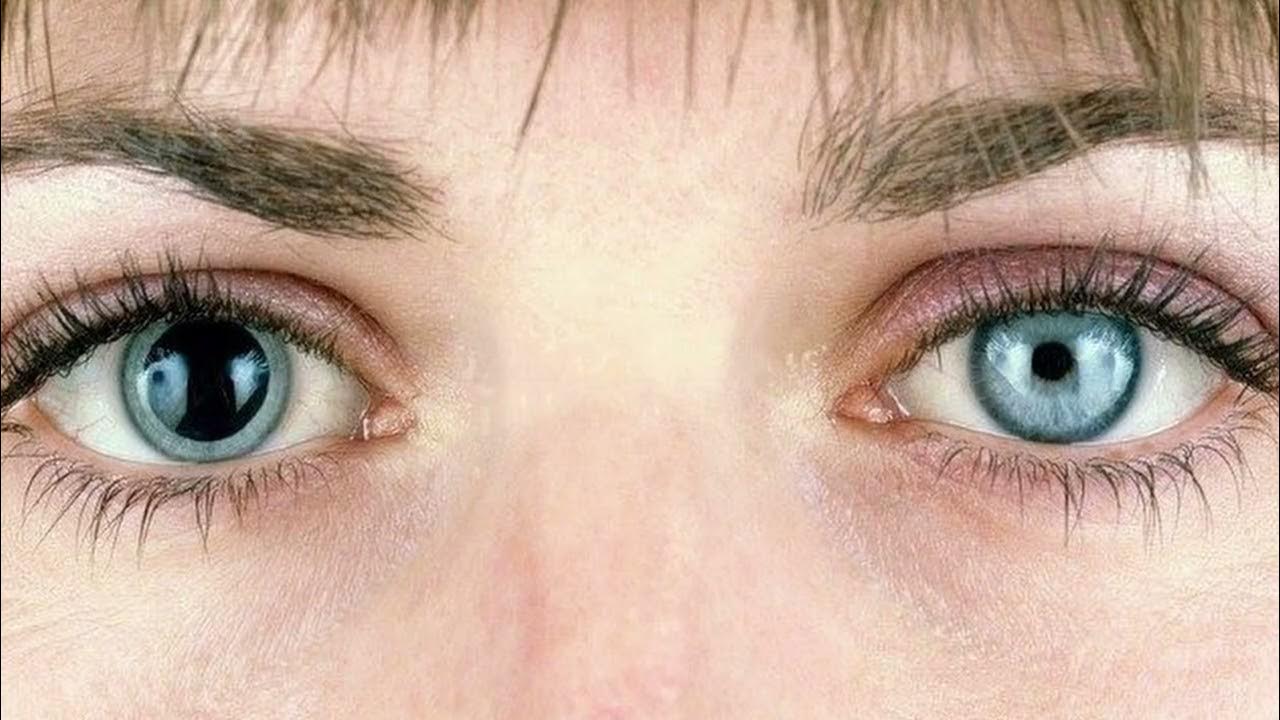Pupils Constricted Suddenly? 7 Medical Reasons to Know

Sudden changes in your eyes can be alarming — especially when your pupils constricted for no obvious reason. Pupil size is normally responsive to light, emotion, and focus, but abrupt constriction could point to a medical issue.
Let’s explore seven possible causes behind sudden pupil constriction and what they might reveal about your health.
1. Reaction to Prescription or Recreational Drugs
One of the most common explanations is drug use. Certain medications or substances can interfere with how the eyes and brain communicate.
- Opioids, like morphine or heroin, are notorious for causing pinpoint pupils.
- Cholinergic drugs, used in eye treatments, also restrict pupil size.
- Recreational drugs, such as LSD or ecstasy, may also trigger unexpected pupil reactions.
If your pupils constricted shortly after taking a new medication, check the side effects or talk to your doctor.
2. Exposure to Bright or Unusual Light Conditions
Though not always a medical emergency, intense or unfamiliar lighting can make your pupils shrink fast. This is your body’s natural defense to protect the retina from overexposure.
Staring at screens, sudden camera flashes, or harsh lighting can all cause temporary constriction. However, this reaction usually fades quickly once you’re in normal lighting.
If your pupils constricted and stayed that way even in dim light, there may be a deeper issue at play.
3. Brain Injury or Head Trauma
Any injury to the brain — even a mild concussion — can impact how the pupils respond. The midbrain, where pupil reflexes are controlled, can be disrupted by trauma.
Signs to watch for alongside constricted pupils:
- Confusion or disorientation
- Vomiting or dizziness
- Loss of balance or memory problems
This scenario requires immediate evaluation. Constricted pupils after a fall, crash, or hit to the head shouldn’t be ignored.
4. Stroke or Brainstem Disorders
A stroke affecting the brainstem can lead to uneven or fixed pupils. In many cases, both pupils constricted and become unresponsive to light.
Unlike other parts of the brain, the brainstem manages critical autonomic functions like heartbeat, breathing, and pupil size. Damage in this area is dangerous and may also cause:
- Slurred speech
- Difficulty walking or standing
- Facial droop or limb weakness
These symptoms demand urgent emergency care. Don’t delay treatment.
5. Inflammatory Eye Conditions
Conditions like uveitis or iritis cause inflammation inside the eye. As the eye becomes irritated, muscles controlling the iris can become stuck in a contracted state.
You may notice:
- Eye pain
- Blurred vision
- Sensitivity to light
Inflammation must be treated with medication to relieve discomfort and return pupil function to normal. In this case, pupils constricted due to localized inflammation, not brain dysfunction.
6. Exposure to Toxins or Poisons
Certain environmental toxins can also affect pupil behavior. Pesticides and nerve agents, for instance, disrupt normal nerve signaling. This leads to constricted pupils and can escalate to more severe symptoms like:
- Salivation
- Breathing difficulty
- Seizures
This form of poisoning is rare but serious. Farmers, military personnel, or industrial workers may face such exposures. If you suspect contact with hazardous chemicals, seek urgent care.
7. Parasympathetic Nervous System Imbalance
The parasympathetic nervous system is responsible for “rest and digest” functions. When overstimulated, it may trigger a state of calm that includes smaller pupil size.
Some triggers include:
- Deep meditation or breathwork
- Certain yoga practices
- Prolonged periods of stillness
Though usually harmless, if your pupils constricted during moments of extreme calm and it concerns you, a neurological check-up may provide peace of mind.
How to Monitor Sudden Pupil Changes at Home
While not every pupil change needs urgent attention, you can track patterns and rule out serious issues:
- Use a flashlight test: In a dim room, shine a flashlight briefly across one eye and observe the response. Both pupils should react equally.
- Note timing: Did it happen after medication, stress, or environmental exposure?
- Look for symmetry: If only one pupil is affected, it may suggest a nerve issue on that side.
Keeping a record of these changes helps doctors narrow down possible causes.
When to Seek Immediate Medical Help
Sudden pupil constriction should not be dismissed if paired with:
- Headache
- Vision loss
- Loss of consciousness
- Chest pain
- Confusion or slurred speech
These could be signs of stroke, overdose, or brain injury. Always trust your gut — if something feels “off,” it’s better to get checked out.
Final Thoughts
Our eyes reflect more than what we see — they’re a mirror of what’s happening inside our body. If your pupils constricted suddenly, it’s important to think beyond just lighting changes.
From drug reactions to brain injuries, pupil changes can hint at several medical scenarios. The key is to observe, document, and seek medical insight when something doesn’t feel right.
When in doubt, talk to your healthcare provider. Small signs like this can sometimes point to larger issues — and early detection can make all the difference.